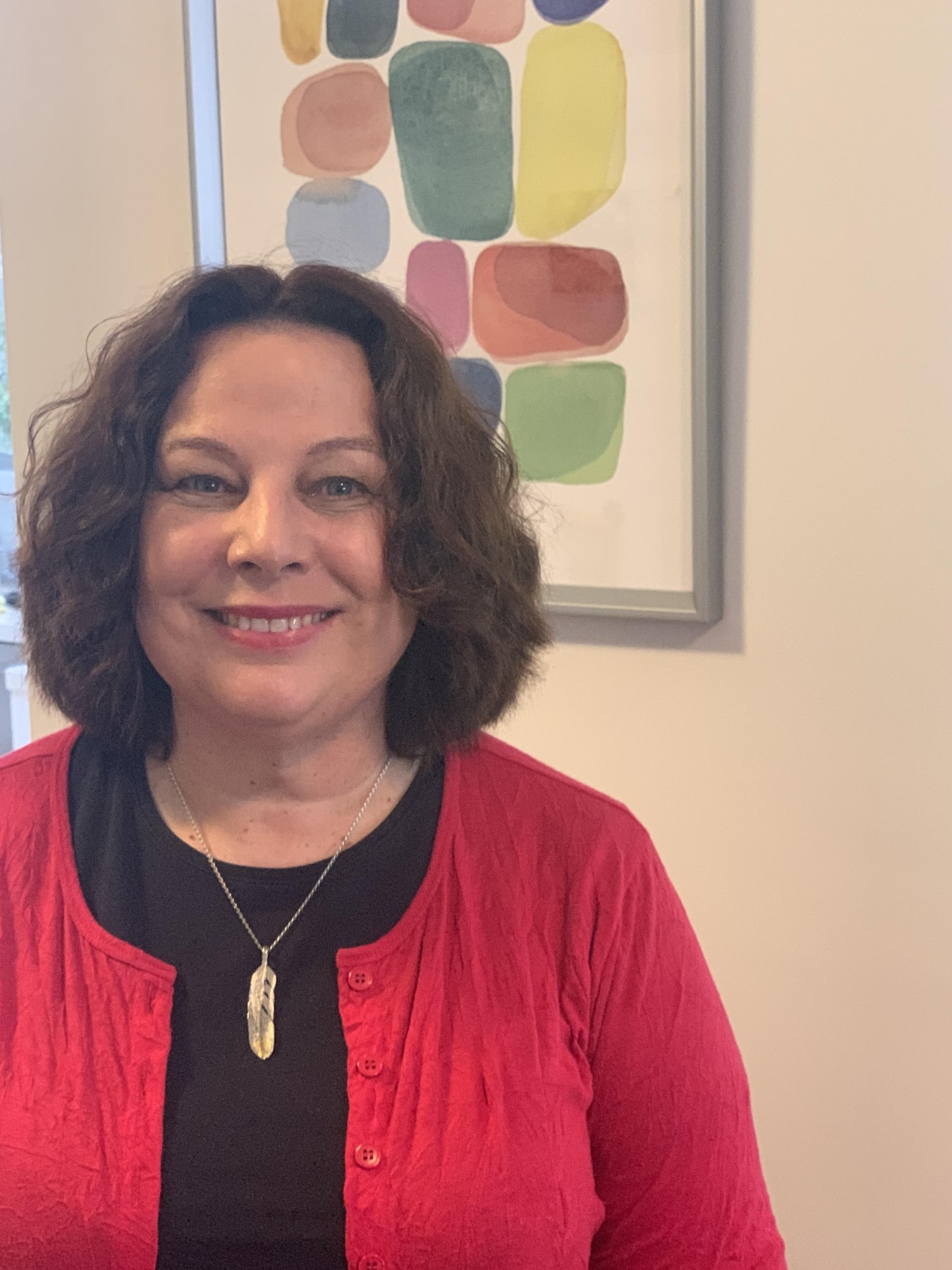Maureen Oswin sums up the ubiquitous nature of loss so exactly:
“It sometimes seems as if all our lives we are trying to cope with loss…either the fear of it, or the memory of it, or its raw immediate presence.”
And on the heels of difficult loss comes grief. It’s normal but, as you may know, it doesn’t much feel like it.
I never expected to be working in the fields of grief, trauma, and mental wellbeing but life catapulted me here.
When my husband Michael tragically died by suicide, our three children were very young. I navigated young widowhood and single parenthood with all kinds of ‘tips’ from people who’d never been in my situation. Someone stated my grief would take 10 years, then I’d bounce back. Another suggested ‘closing that door and opening the next’ as soon as possible so I ‘didn’t dwell on it for too long.’ I heard often there were others with life worse than me.
Meanwhile, my grief had arrived like a tornado. It then hung around creating havoc. It exposed my vulnerability. At first I attempted to grieve fast, so I’d be a ‘good griever’. I tried really hard to protect my children from their pain. Despite best efforts, our grief was intense and frustratingly unpredictable. As Irish philosopher and poet John O'Donohue describes, "There are days when you have your heart back, you are able to function well, until in the middle of works or encounter, suddenly with no warning, you are ambushed by grief.”
I’ll never forget being in the supermarket looking truly pale and dreadful. I didn’t want to see anyone – dealing with others’ inevitable comments or intrusive questions felt way, way too hard. A friend saw me. She exclaimed how wonderful and on top of things I looked, and she was proud of me for moving on so well. I realised she couldn’t see me at all. She was needing the mess of my loss tidied up because it made her uncomfortable. I soon learned I could unsettle others by simply being in the same place as them.
Throughout my 25 years of writing, presenting, and educating on grief, trauma, and mental wellbeing, grieving people still tell me they feel misunderstood, judged, and stigmatised. Often their significant losses aren’t noticed – instead they’re minimised, avoided, or totally unacknowledged. They frequently still get encouraged to ‘move on’ , ‘get over’ things, and ‘get back to normal.’ They’re told about the ‘right’ or ‘wrong’ way to grieve. Consequently, you’ll understand the relief I felt to see such harmful misunderstanding frankly addressed by Megan Devine’s 2019 groundbreaking book “It's OK That You're Not OK: Meeting Grief and Loss in a Culture That Doesn't Understand.”
If, in your work, you support people grieving any kind of loss, or if you’re grieving loss yourself, I consider this straight-talking, practical book one of the best.
"Grief is simply love in its most wild and painful form," Megan writes. Using current research and stories, she debunks common grief myths with sound knowledge. You’ll find she insightfully explains finding ways to build a life alongside grief rather than trying to overcome or banish it. She honours grief as the mysterious adjustment process it is and identifies key skills and supportive approaches for comforting others.
In our work, let’s notice when loss and grief are in play. Then let’s offer the understanding, aroha, and care that can help – and not hinder – those who hurt.
About Tricia
Tricia is well known for the wide range of writing, publications, columns, web content, presentations, workshops, and media work she has offered for over 25 years. Her specialty is information that builds resilience, good mental health, and wellbeing - especially in the face of life's toughest situations.
www.triciahendry.com
Book details
Devine, M. (2017). It's OK that you're not OK: Meeting grief and loss in a culture that doesn't understand. Sounds True.
O'Donohue, J. (2008). 'For Grief'. In O'Donohue, J., To bless the space between us: A book of blessings (pp 117). Doubleday.
Oswin, M. (1991). Am I allowed to cry?: Study of bereavement amongst people who have learning difficulties. Souvenir Press

